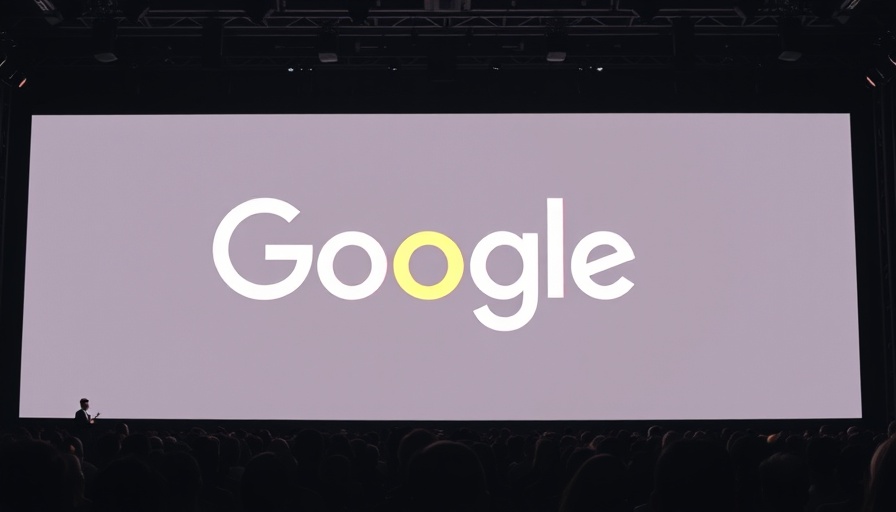
Google's AI Transformations: A New Era for Health Searches
In a significant move poised to enhance the health sector, Google's recent announcement regarding its expansion of AI-generated responses for medical queries is making waves. As the tech giant gears up to make health-related information more accessible, the implications for how users engage with medical content are profound.
Understanding Google's AI Expansion in Healthcare
Google has unveiled plans to significantly enhance its AI health-related summaries in search results, a feature that aims to revolutionize the way users receive and digest medical information online. With the deployment of advanced models like Gemini, Google is set to cover thousands more health topics, extending its scope to multiple languages, including Spanish, Portuguese, and Japanese. This move not only reflects Google's ambition to influence the health sector positively but also underscores the broader trend of technology integration into healthcare.
The Significance of AI Answers in Medical Queries
The introduction of AI Overviews in search results aims to place concise, AI-generated medical summaries directly at the top of search queries. While this feature appears beneficial on the surface, it's essential to consider its potential pitfalls. Past experiences have shown that relying solely on AI-generated responses can lead to the dissemination of inaccurate health information. This concern is amplified given that a substantial portion of Google's AI Overviews were deemed risky by medical experts in previous assessments.
New Features Aimed at Enhancing User Experience
Alongside the expansion of AI Overviews, Google also announced the addition of a feature dubbed "What People Suggest." This innovative tool allows users to access insights from those with similar medical conditions, enabling them to compare experiences and treatment approaches. For instance, this could be invaluable for patients seeking advice on managing arthritis or diabetes, as they gain perspectives from individuals navigating similar health challenges.
AI Co-Scientist: A Game Changer for Medical Research
Moreover, Google has introduced the AI co-scientist concept, a virtual research collaborator designed to assist scientists and researchers. By using AI to sift through vast amounts of medical literature, the tool helps generate hypotheses and suggest experimental methods. Notably, this feature could lead to accelerated breakthroughs in biomedical research, making it a crucial asset in the ongoing fight against diseases.
Impacts on the Healthcare Landscape: Opportunities and Challenges
While these advancements signal a paradigm shift in health information access, there are ongoing discussions about the implications of such integrations. Google's commitment to improving health-related AI features comes after years of challenges in solidifying a clear healthcare strategy. Although progress is evident, concerns linger regarding the reliability of AI-generated information in real-world health contexts.
Revisiting Google's History in Health Initiatives
Historically, Google has attempted to establish a robust foothold in the healthcare domain, creating a dedicated health division that eventually faced dissolution. Their journey has been marked by a series of ambitious projects, some of which were discontinued due to unclear directions and objectives. An effective integration of AI into healthcare settings could represent not only a financial investment by Google but also a moral imperative to enhance public health outcomes across the globe.
Final Thoughts: A New Vision for Health Services
As Google strives to penetrate deeper into healthcare, the company must remain vigilant about the quality of the information it disseminates. The integration of AI tools like the virtual co-scientist into research and the enhancement of AI Overviews could lead to transformative changes in public health. However, with great power comes great responsibility; ensuring the accuracy and reliability of health information should remain a top priority. By balancing technological advancement with ethical considerations, Google has the potential to redefine health searches and deepen its role in global health innovation.
 Add Row
Add Row  Add
Add 




 Add Row
Add Row  Add
Add 

Write A Comment